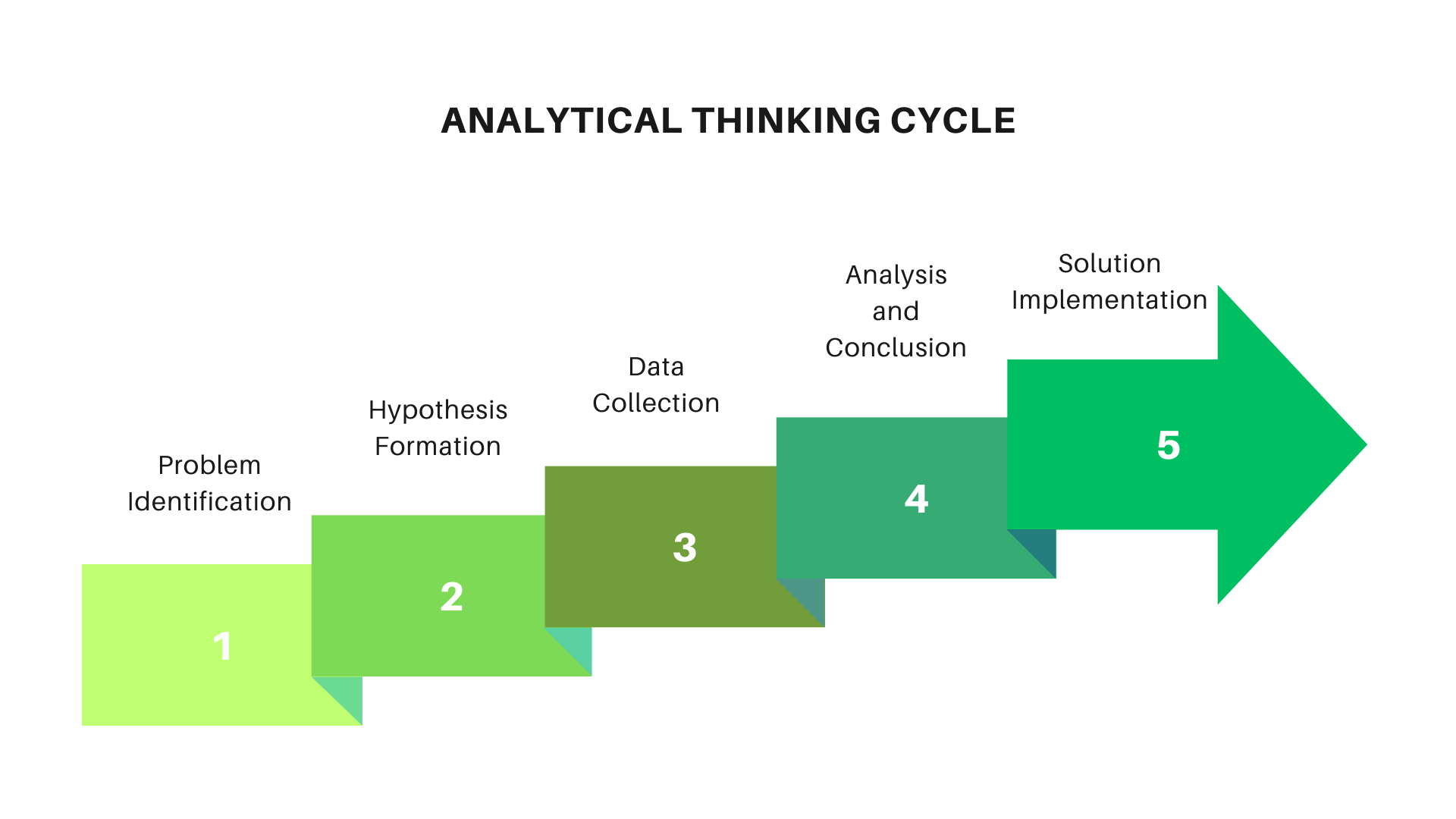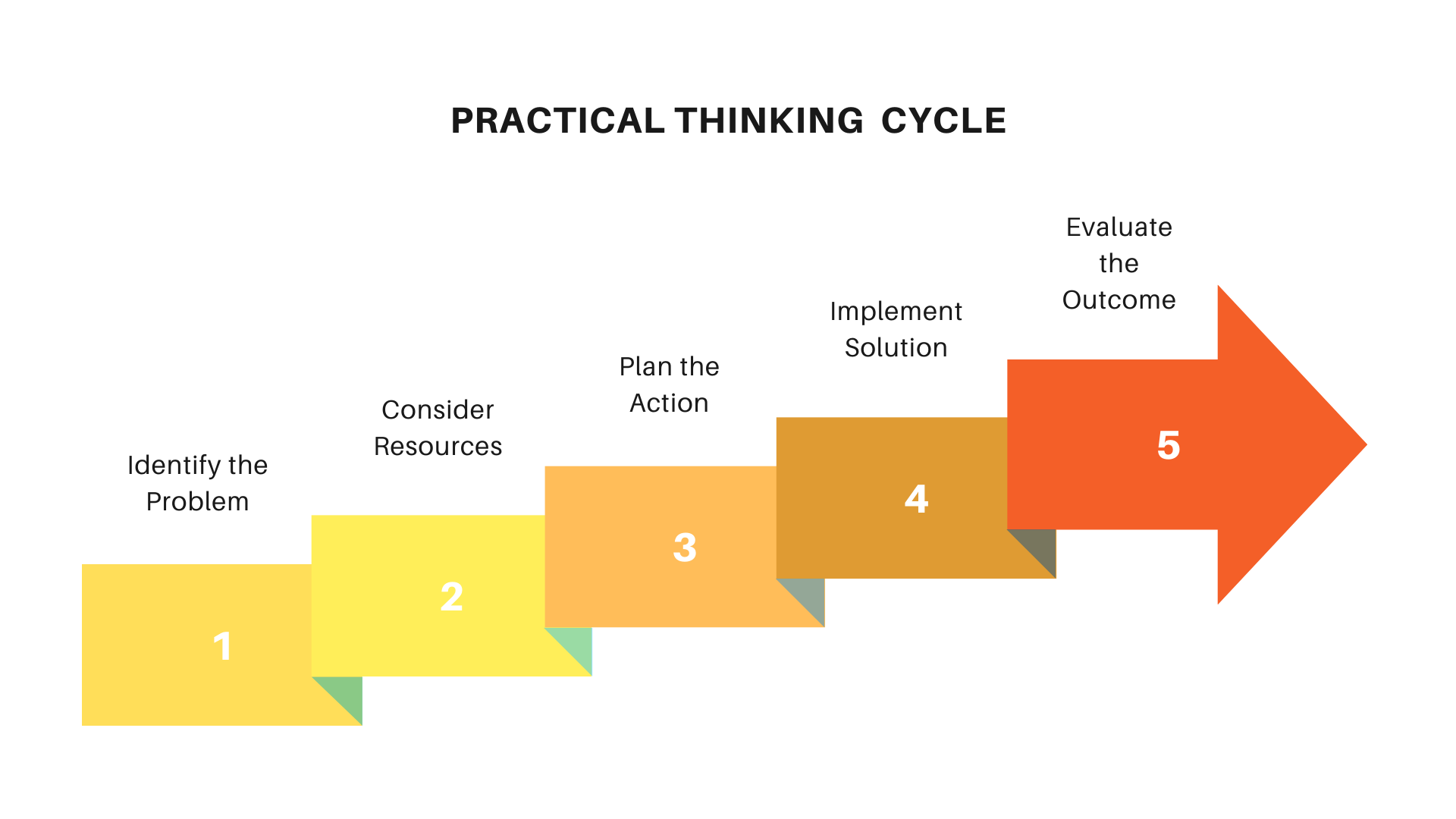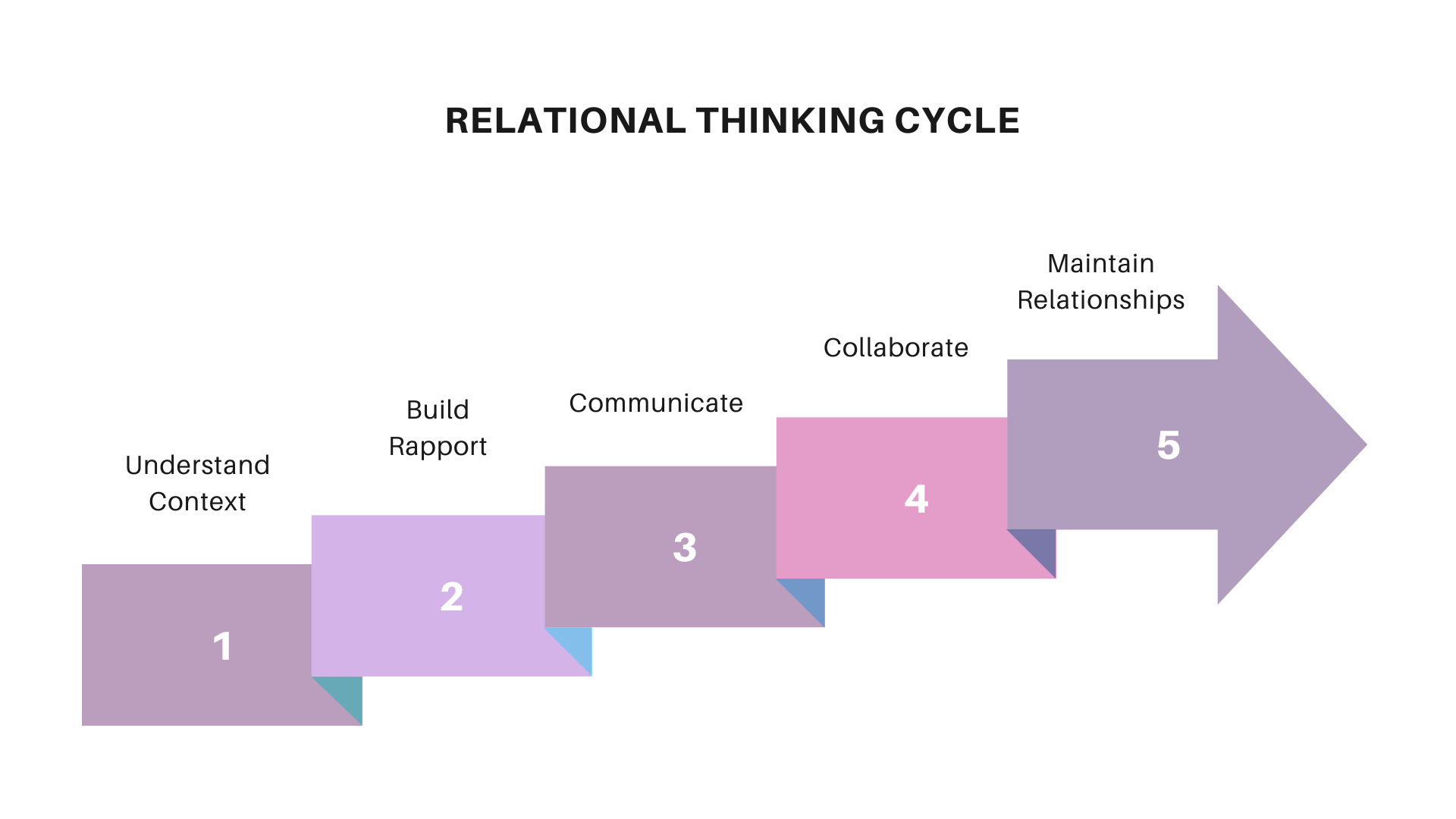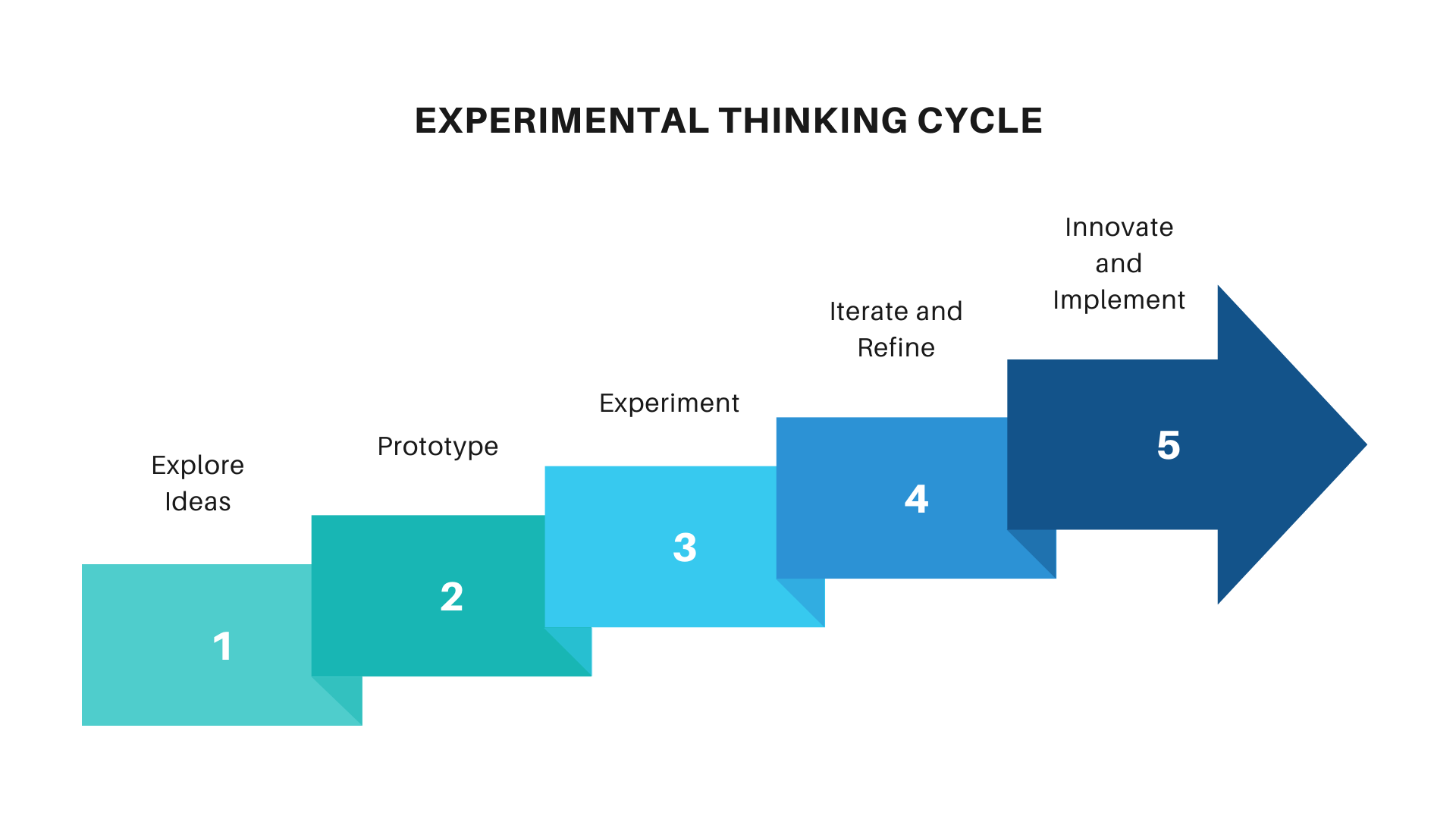Hey, What Type of Thinker are You?

Do you know what makes your mind tick? What kind of thinker are you? Because in a world that increasingly preaches collaboration and participation, understanding how we think—and how others think—has never been more important. This idea, known as cognitive diversity, isn’t just a buzzword; it’s a nuance of reality that affects us all and shapes how we interact with the world and with each other.
Cognitive diversity is about the different ways people think, approach problems, and process information. It’s like having a toolbox where each tool represents a different way of thinking—some are sharp and precise, others are creative and flexible, and together, they make up the complete set we need to play with and sometimes fix life’s challenges. This isn’t just about being different for the sake of it. Cognitive diversity means recognizing that everyone’s mind works in its unique way, and that’s something to be celebrated. It’s a bit like discovering that each person brings their own special ingredient to a recipe. When we blend these ingredients thoughtfully, we end up with something far richer, tastier, and more complex than any single one could achieve alone.
What Kind of Thinker Are You?
Now, let’s get personal. Have you ever wondered where you fit in this landscape of diverse thinkers? I certainly have. Understanding your thinking style isn’t just an interesting exercise—it can help you play to your strengths and appreciate what others bring to the table. Here’s a look at the different types of thinkers you might resonate with:
1. ANALYTICAL THINKING
Definition: Does your thinking break down complex problems into smaller, more manageable components? Use logical reasoning, systematic examination, and the data to evidence and to reach conclusions?
Key Characteristics:
- Systematic Approach: Analytical thinkers approach problems methodically, analyzing each part to understand how it contributes to the whole.
- Data-Driven Decisions: They rely heavily on data, evidence, and established facts to support their conclusions.
- Critical Evaluation: Analytical thinkers are skilled at identifying patterns, inconsistencies, and potential issues within complex scenarios.
- Problem Solving: They excel at solving problems that require careful thought and precision, making them invaluable in fields that demand accuracy and attention to detail, such as science, engineering, and finance.
Applications: Analytical thinking is often used in situations where a detailed examination is necessary, such as conducting research, creating financial models, or diagnosing technical issues.

2. PRACTICAL THINKING
Definition: Does your thinking apply knowledge and skills to solve real-world problems? And it makes decisions based on practical considerations, focusing on what is feasible, efficient, and effective?
Key Characteristics:
- Action-Oriented: Practical thinkers focus on getting things done. They prioritize actionable solutions that can be implemented immediately.
- Realistic Approach: They consider the constraints of time, resources, and other real-world factors, ensuring that ideas are not just theoretical but also practical.
- Efficiency-Focused: Practical thinkers value efficiency and often seek the most straightforward, effective way to achieve a goal.
- Problem Solving: They are adept at finding workable solutions in everyday situations, often excelling in project management, operations, and logistics.
Applications: Practical thinking is essential in roles that require quick, effective decision-making and the ability to implement solutions, such as in management, construction, and healthcare.

3. RELATIONAL THINKING
Definition: Does your thinking emphasizes understanding and managing relationships? It considers the social and emotional aspects of situations and how different elements or people are interconnected?
Key Characteristics:
- Interpersonal Awareness: Relational thinkers are highly attuned to the emotions, motivations, and dynamics between people.
- Social Intelligence: They excel at navigating complex social situations, understanding the underlying relationships and their impact on outcomes.
- Collaboration: Relational thinkers are natural collaborators, often acting as mediators or facilitators who help groups work together harmoniously.
- Emotional Consideration: They consider the emotional and psychological impacts of decisions on individuals and groups, making them effective in roles that require empathy and negotiation.
Applications: Relational thinking is crucial in fields like human resources, counseling, leadership, and any profession where managing relationships and group dynamics is essential.

4. EXPERIMENTAL THINKING
Definition: Does your thinking look for creativity and innovation? It likes exploring new ideas and possibilities without being constrained by existing frameworks or conventional wisdom?
Key Characteristic
- Innovative Approach: Experimental thinkers are always looking for new ways to do things. They enjoy exploring possibilities and pushing the boundaries of what is possible.
- Risk-Taking: They are willing to take risks and experiment with unconventional solutions, often leading to breakthrough ideas and innovations.
- Creative Problem Solving: Experimental thinkers excel in situations that require out-of-the-box thinking, where traditional approaches might fail.
- Adaptability: They are highly adaptable, able to pivot quickly when new information or ideas emerge, making them particularly effective in dynamic, fast-paced environments.
Applications: Experimental thinking is vital in fields that require creativity and innovation, such as design, research and development, marketing, and entrepreneurship.

Why Your Thinking Style Matters
Understanding where you fit into these categories isn’t just a fun exercise—it can change the way you approach your work, your relationships, and your personal growth. It’s like finding your spot in a puzzle; once you know your unique shape, you can see how you connect with others, where you can shine, and where you might need to lean on someone else’s strengths.But there’s something even bigger at play here. When we embrace cognitive diversity—not just in ourselves, but in those around us—we open the door to richer, more innovative, and more effective solutions. By recognizing and valuing different thinking styles, we create an environment where everyone’s contributions are not only welcome but vital.